
New Orleans: The Jewel of the Mississippi
New Orleans, often called 'The Big Easy,' is a vibrant and colorful city known for its rich cultural heritage, lively music scene, and mouthwatering cuisine. As you wander through the historic French Quarter, you'll be enchanted by the blend of French, Spanish, and Creole architecture, along with the street performers and jazz musicians that fill the air with melodies. One of the city's most iconic events is Mardi Gras, a lively festival celebrated with parades, costumes, and beads. However, New Orleans has a lot to offer year-round. Take a stroll down Bourbon Street for nightlife, or explore the quieter, picturesque Garden District with its grand mansions and oak-lined streets. Don't miss a visit to the historic St. Louis Cathedral in Jackson Square, one of the oldest cathedrals in the United States. For food lovers, New Orleans is a paradise. Savor local dishes like gumbo, jambalaya, and beignets at one of the city’s many renowned restaurants. The city’s music scene is equally enchanting, with jazz clubs, blues bars, and street performances around every corner. A visit to the famous Preservation Hall is a must for any jazz enthusiast. Experience the unique charm of New Orleans by taking a steamboat cruise on the Mississippi River, or delve into the city’s mysterious side with a guided tour of its famous cemeteries and haunted locations. Whether you're a history buff, a foodie, or a music lover, New Orleans offers an unforgettable experience filled with Southern hospitality and endless entertainment.
Local tips in New Orleans
- Visit during Mardi Gras for a once-in-a-lifetime experience, but book accommodations well in advance.
- Try to explore the city on foot or by using the historic streetcars for a more authentic experience.
- Don't miss out on a swamp tour to see Louisiana's unique wildlife and landscapes.
- Take a guided tour of the French Quarter to learn about its rich history and hidden gems.
- Visit local markets like the French Market to find unique souvenirs and taste local foods.
Neighbourhoods in New Orleans
New Orleans: The Jewel of the Mississippi
New Orleans, often called 'The Big Easy,' is a vibrant and colorful city known for its rich cultural heritage, lively music scene, and mouthwatering cuisine. As you wander through the historic French Quarter, you'll be enchanted by the blend of French, Spanish, and Creole architecture, along with the street performers and jazz musicians that fill the air with melodies. One of the city's most iconic events is Mardi Gras, a lively festival celebrated with parades, costumes, and beads. However, New Orleans has a lot to offer year-round. Take a stroll down Bourbon Street for nightlife, or explore the quieter, picturesque Garden District with its grand mansions and oak-lined streets. Don't miss a visit to the historic St. Louis Cathedral in Jackson Square, one of the oldest cathedrals in the United States. For food lovers, New Orleans is a paradise. Savor local dishes like gumbo, jambalaya, and beignets at one of the city’s many renowned restaurants. The city’s music scene is equally enchanting, with jazz clubs, blues bars, and street performances around every corner. A visit to the famous Preservation Hall is a must for any jazz enthusiast. Experience the unique charm of New Orleans by taking a steamboat cruise on the Mississippi River, or delve into the city’s mysterious side with a guided tour of its famous cemeteries and haunted locations. Whether you're a history buff, a foodie, or a music lover, New Orleans offers an unforgettable experience filled with Southern hospitality and endless entertainment.
When is the best time to go to New Orleans?
Iconic landmarks you can’t miss
Jackson Square
Discover the vibrant culture and rich history of Jackson Square, the heart of New Orleans, where stunning architecture meets lively artistic expression.

Louis Armstrong Park
Discover Louis Armstrong Park, a cultural haven in New Orleans filled with beautiful gardens, sculptures, and the spirit of jazz.
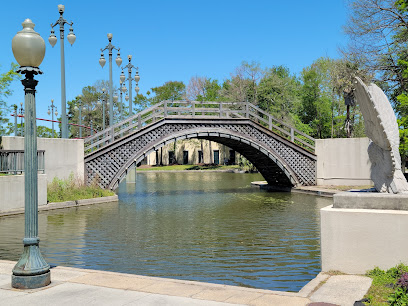
Mardi Gras World
Explore the heart of New Orleans’ Mardi Gras festival at Mardi Gras World, where art, history, and celebration come together in vibrant displays.
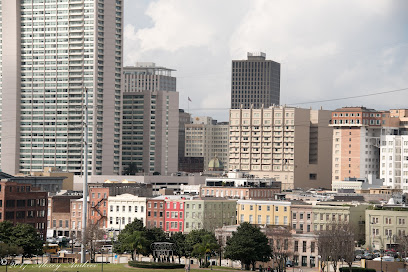
St. Louis Cathedral
Discover the stunning St. Louis Cathedral, a historic gem in the heart of New Orleans' French Quarter, blending rich heritage with captivating architecture.

New Orleans Historic Voodoo Museum
Explore the enchanting world of Voodoo at the Historic Voodoo Museum in New Orleans, a unique cultural experience in the heart of the French Quarter.
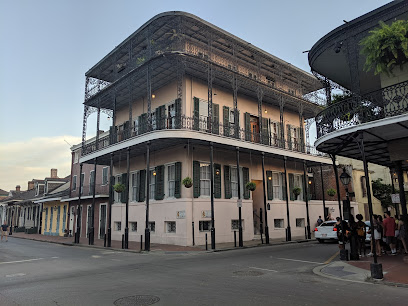
JAMNOLA
Explore the vibrant spirit of New Orleans at JAMNOLA, a unique art museum and cultural center with immersive exhibits and engaging experiences.
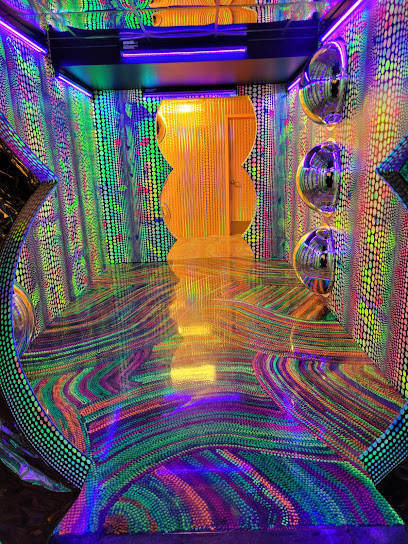
Longue Vue House & Gardens
Experience the beauty and history of Longue Vue House & Gardens, a hidden gem in New Orleans offering art, nature, and tranquility.
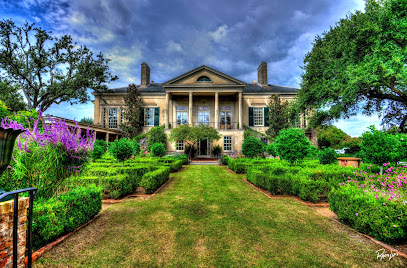
St. Louis Cemetery No. 1
Discover the historic St. Louis Cemetery No. 1 in New Orleans, a captivating site with unique burial traditions and rich stories of the Crescent City.
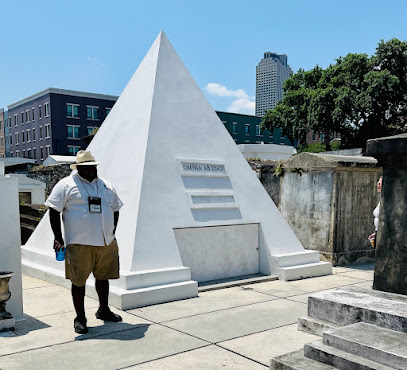
The Historic New Orleans Collection
Explore the rich history and cultural heritage of New Orleans at The Historic New Orleans Collection, a premier history museum in the French Quarter.
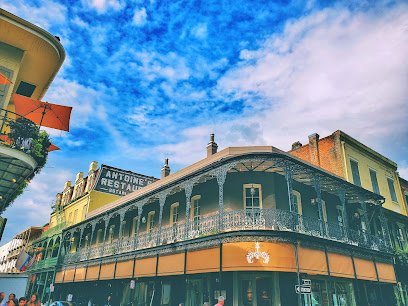
The Presbytère
Discover the rich history of Louisiana at The Presbytère, a captivating museum in the heart of New Orleans' French Quarter, showcasing cultural heritage and resilience.
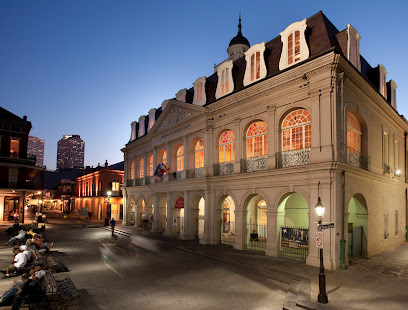
The Cabildo
Explore the captivating history of New Orleans at The Cabildo, a local history museum showcasing the city's unique heritage and cultural evolution.
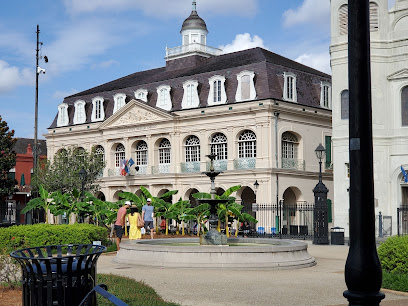
French Quarter Visitor Center
Explore New Orleans' vibrant culture and history at the French Quarter Visitor Center, your gateway to unforgettable adventures.
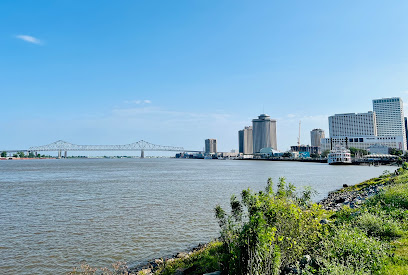
The Singing Oak
Discover the melodic charm of The Singing Oak in New Orleans, where nature meets art amid the serene beauty of City Park.
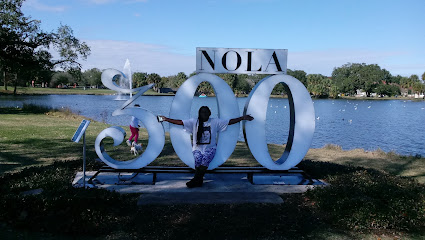
Hermann-Grima House
Explore the exquisite Hermann-Grima House, a historical gem in New Orleans' French Quarter, offering a glimpse into 19th-century Creole life.
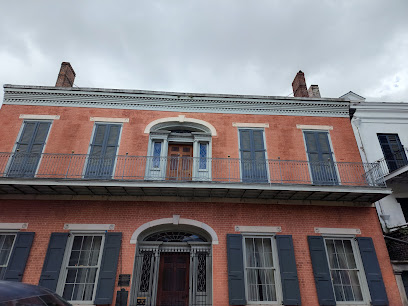
Old Ursuline Convent Museum
Discover the rich history of New Orleans at the Old Ursuline Convent Museum, a historical landmark showcasing the legacy of the Ursuline nuns.
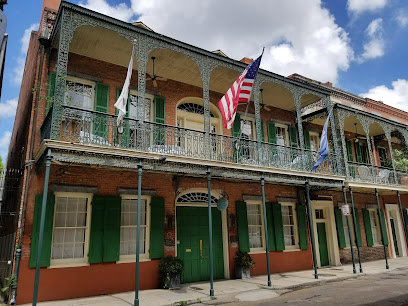
Unmissable attractions to see
Jackson Square
Explore Jackson Square: A vibrant historical landmark in New Orleans, blending culture, art, and stunning architecture in the heart of the French Quarter.
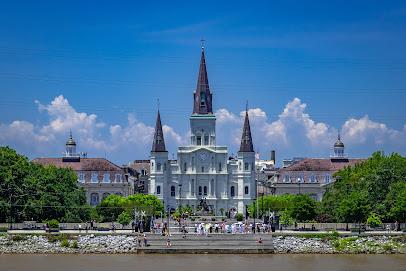
The National WWII Museum
Explore the National WWII Museum in New Orleans, where history comes alive through immersive exhibits and powerful stories of courage and sacrifice.
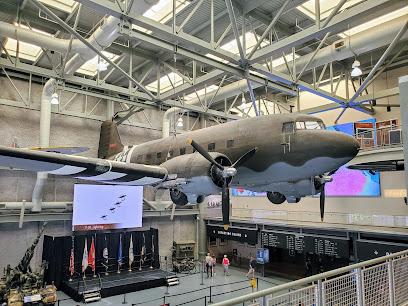
Jackson Square
Discover the vibrant charm of Jackson Square, a historic park in New Orleans that celebrates culture, art, and community in the heart of the French Quarter.
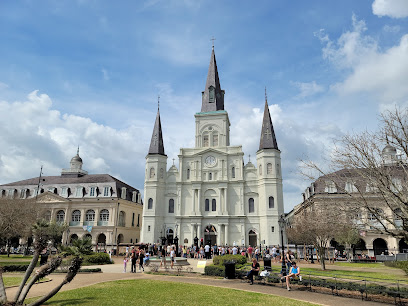
The National WWII Museum
Explore the National WWII Museum in New Orleans, a powerful tribute to history, courage, and the legacy of the Second World War.
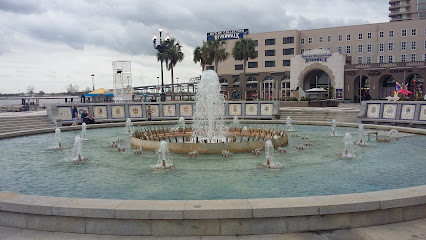
New Orleans City Park
Explore the expansive beauty and rich culture of New Orleans City Park, a serene oasis filled with lush landscapes and family-friendly attractions.
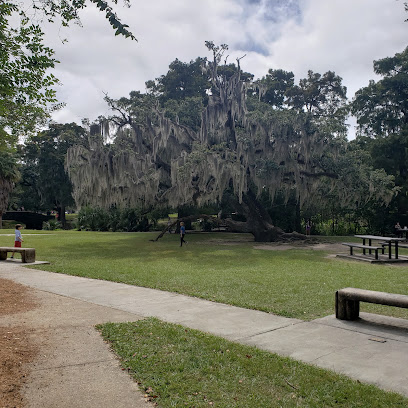
Audubon Aquarium
Discover the captivating aquatic life at Audubon Aquarium, a premier tourist attraction in New Orleans, offering fun and education for all ages.

Audubon Aquarium
Experience the enchanting world of marine life at the Audubon Aquarium in New Orleans, where education meets excitement in a vibrant setting.
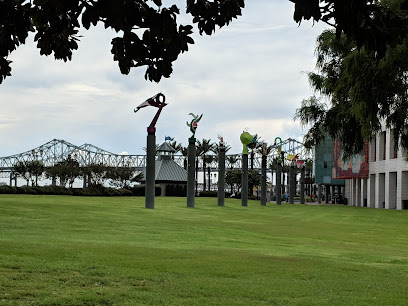
Caesars Superdome
Experience the electrifying atmosphere of Caesars Superdome, New Orleans’ premier venue for sports, concerts, and unforgettable events.
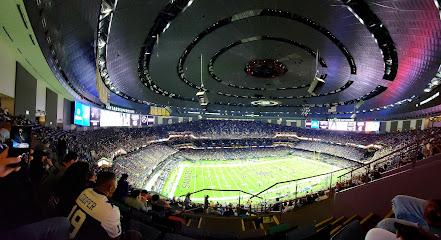
Lafitte's Blacksmith Shop Bar
Discover the historic Lafitte's Blacksmith Shop Bar in New Orleans, a timeless blend of rich history, vibrant nightlife, and artisan cocktails.
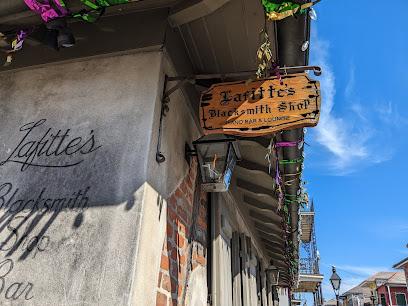
Pat O'Brien's
Discover the iconic Pat O'Brien's in New Orleans, where vibrant music, delicious food, and signature cocktails create an unforgettable experience.
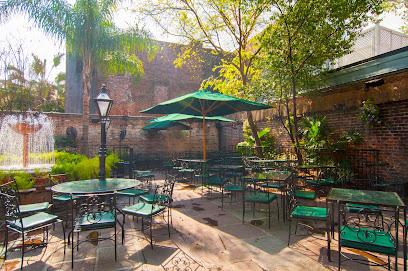
Audubon Park
Explore the lush landscapes and tranquil beauty of Audubon Park, a serene oasis in the heart of New Orleans, perfect for relaxation and nature lovers.
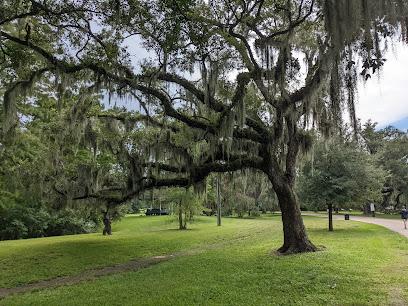
Audubon Park
Discover the natural beauty and serene landscapes of Audubon Park, a tranquil escape in the heart of New Orleans, perfect for relaxation and recreation.
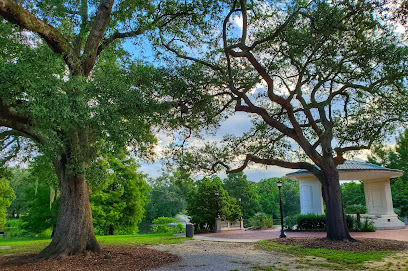
Audubon Zoo
Explore the lush landscapes and diverse wildlife of Audubon Zoo, a premier attraction in New Orleans that offers fun for the whole family.
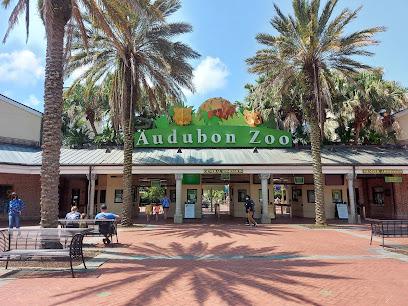
Audubon Zoo
Discover Audubon Zoo: A family-friendly haven in New Orleans showcasing diverse wildlife and immersive exhibits for all ages.
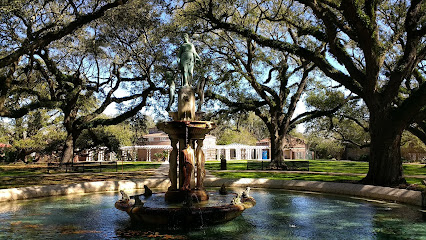
Louis Armstrong Park
Explore the vibrant Louis Armstrong Park, a cultural gem in New Orleans, featuring lush landscapes, live music, and a rich historical legacy.
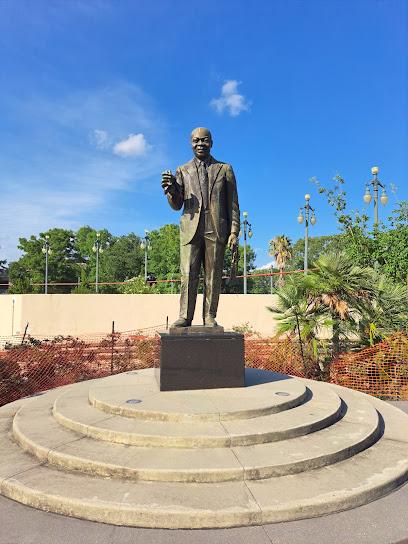
Essential places to dine
Mother's Restaurant
Discover the heart of New Orleans cuisine at Mother's Restaurant, serving iconic Po Boys and Creole delights since 1938.
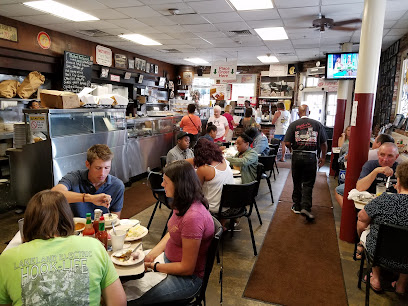
Cochon Restaurant
Experience authentic Cajun cuisine at Cochon Restaurant in New Orleans - where local flavors meet Southern hospitality.
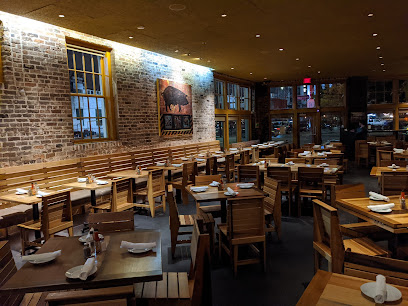
Commander's Palace
Experience the essence of New Orleans at Commander's Palace - where Creole cuisine meets southern hospitality in an iconic setting.
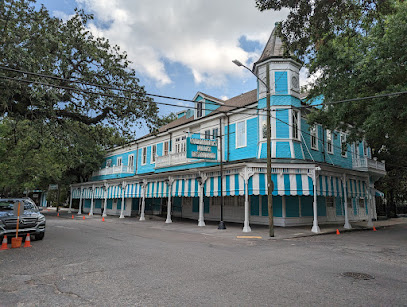
Olde Nola Cookery
Savor authentic Cajun seafood at Olde Nola Cookery in New Orleans' vibrant French Quarter—an unforgettable culinary experience awaits.
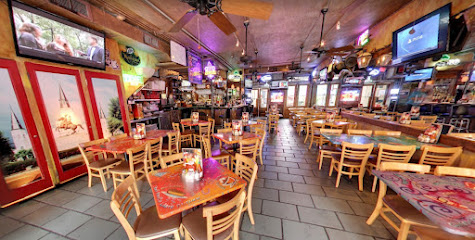
Brennan's
Discover Brennan's: An Iconic Creole Restaurant in New Orleans Offering Exquisite Cuisine & Elegant Dining Experience.
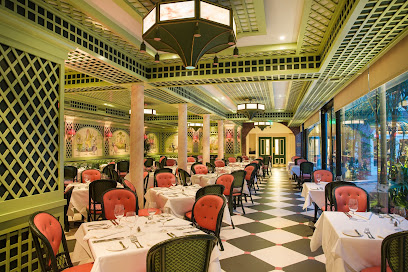
GW Fins
Indulge in exquisite seafood at GW Fins, where fresh catch meets exceptional culinary artistry in New Orleans' historic French Quarter.
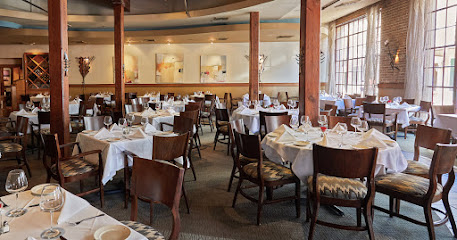
Muriel's Jackson Square
Discover Southern hospitality at Muriel's Jackson Square - where exquisite American cuisine meets New Orleans charm.
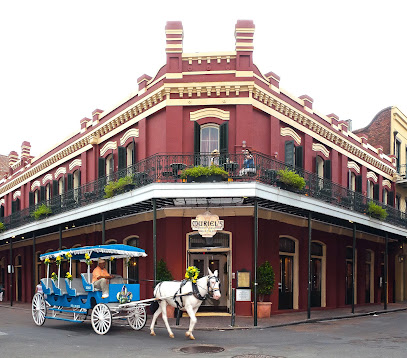
Katie's
Experience authentic New Orleans cuisine at Katie's, where delicious seafood meets soulful American flavors in a charming Mid-City setting.
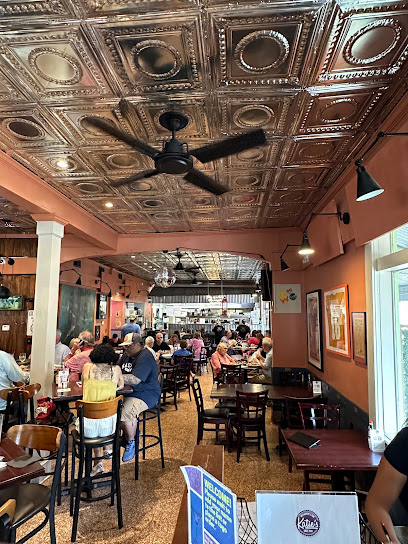
Luke
Discover the essence of New Orleans at Luke: where Creole flavors meet French and German influences in a vibrant dining experience.
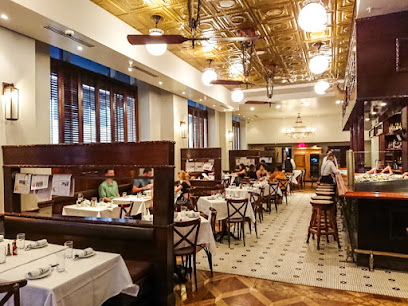
Palace Café by Dickie Brennan & Co.
Discover Creole culinary delights at Palace Café in New Orleans' Central Business District – where tradition meets modern dining.
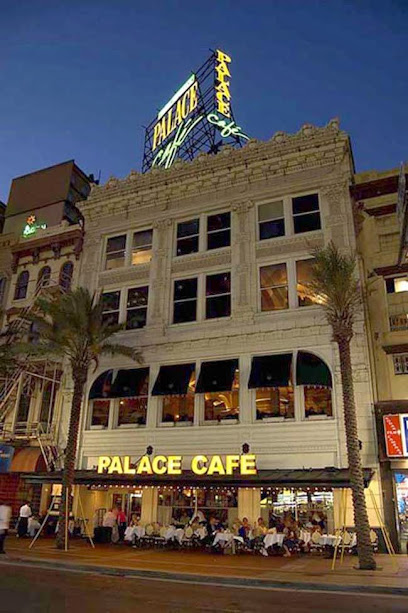
New Orleans Creole Cookery
Discover authentic Cajun and Creole flavors at New Orleans Creole Cookery in the vibrant French Quarter - a culinary experience not to be missed.
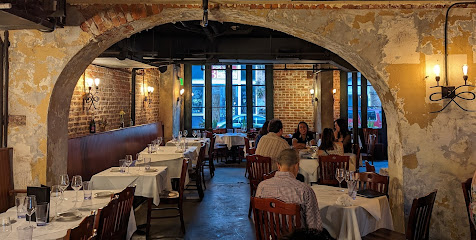
Antoine's Restaurant
Experience timeless French and Creole cuisine at Antoine's Restaurant in New Orleans' historic French Quarter.
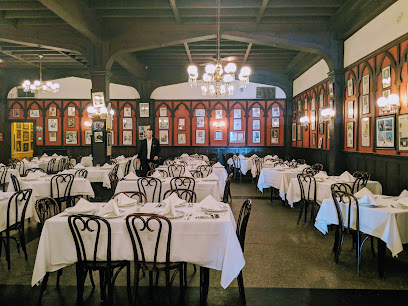
Mr. B's Bistro
Discover the essence of New Orleans at Mr. B's Bistro – where Creole traditions meet modern culinary artistry.
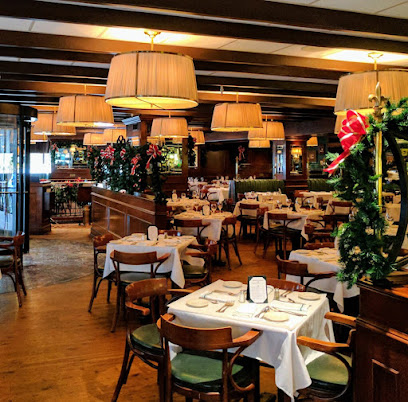
Stanley of New Orleans
Discover Stanley of New Orleans: A top-rated breakfast spot blending Cajun and Creole flavors in a vibrant French Quarter setting.
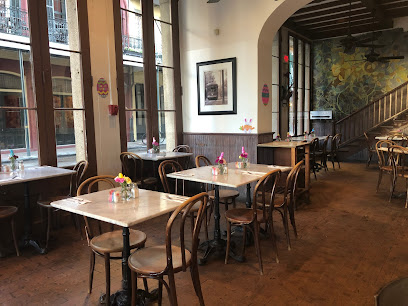
Joey K's Restaurant & Bar
Experience authentic Creole cuisine at Joey K's Restaurant & Bar in New Orleans - where Southern flavors come alive.
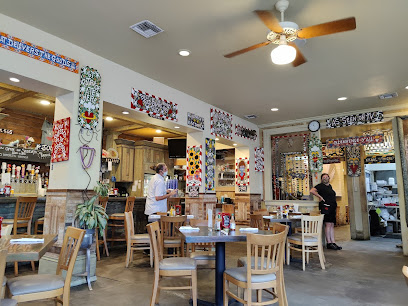
Markets, malls and hidden boutiques
Riverwalk Outlets
Discover a unique shopping experience at Riverwalk Outlets, blending waterfront views with brand-name outlets and diverse dining options in New Orleans.
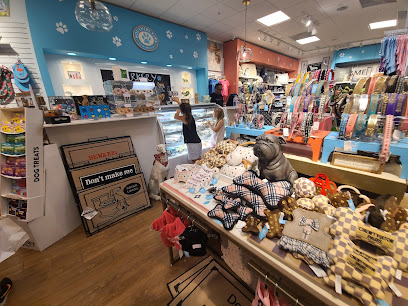
Marie Laveau's House Of Voodoo
Explore the enchanting world of voodoo at Marie Laveau's House of Voodoo, a unique store and cultural experience in New Orleans' French Quarter.
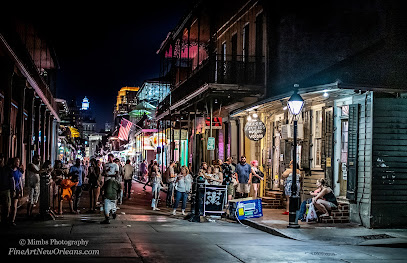
Shops At Jax Brewery
Experience the vibrant shopping and dining scene at the Shops At Jax Brewery in New Orleans' historic French Quarter.
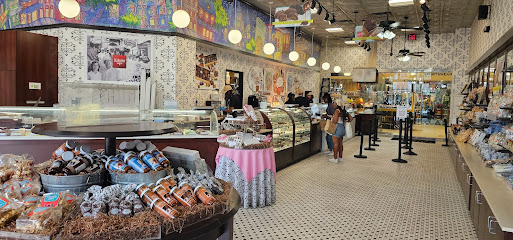
Boutique Du Vampyre
Discover the mystical allure of Boutique Du Vampyre, the ultimate gift shop for vampire enthusiasts in New Orleans' historic French Quarter.
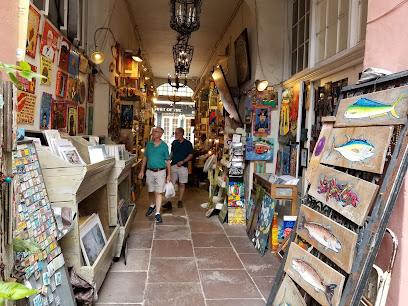
Road Kill
Explore Road Kill, a quirky clothing store in New Orleans' French Quarter, for unique finds that capture the city's vibrant spirit.
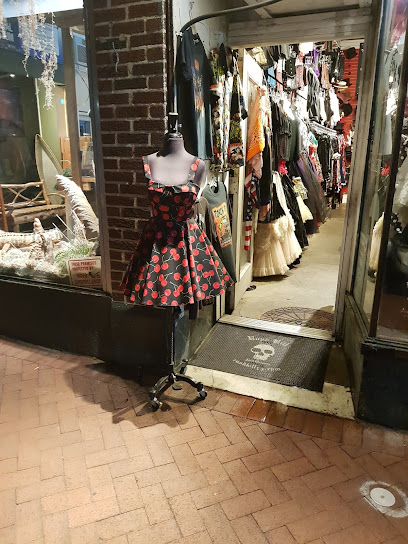
Dark Matter Oddities & Artisan Collective
Discover unique antiques, handcrafted art, and vintage treasures at Dark Matter Oddities in the heart of New Orleans' French Quarter.
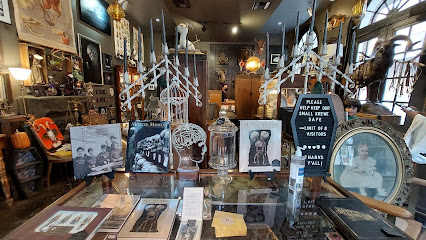
Zèle NOLA
Explore the vibrant local art scene at Zèle NOLA, a unique store in New Orleans showcasing the best of Louisiana's artistic talent.
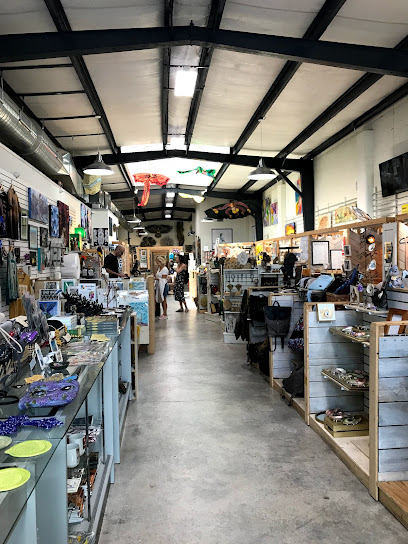
Pop City
Discover unique women's fashion and local treasures at Pop City in the vibrant French Quarter of New Orleans.
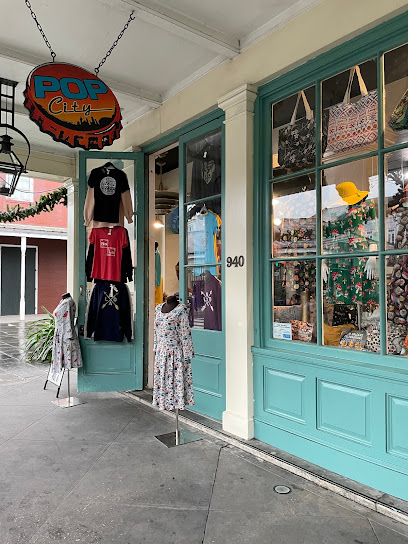
Fleurty Girl French Quarter
Explore Fleurty Girl French Quarter for unique gifts, stylish clothing, and local treasures that embody the spirit of New Orleans.
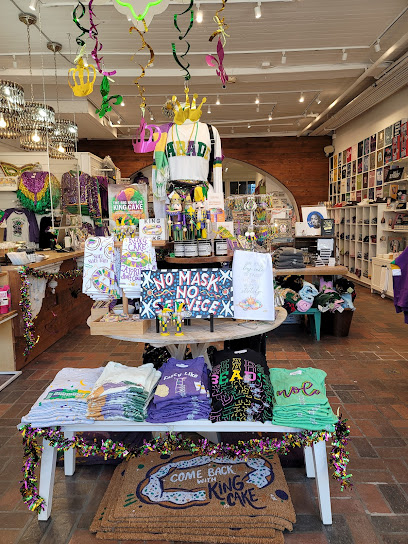
Tricou Gifts
Explore Tricou Gifts in New Orleans for unique souvenirs and local artisan crafts that capture the city's vibrant culture.
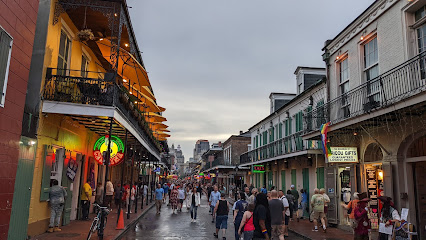
Fleurty Girl Magazine St.
Explore Fleurty Girl on Magazine Street for unique gifts, local artisan creations, and vibrant New Orleans-style fashion.
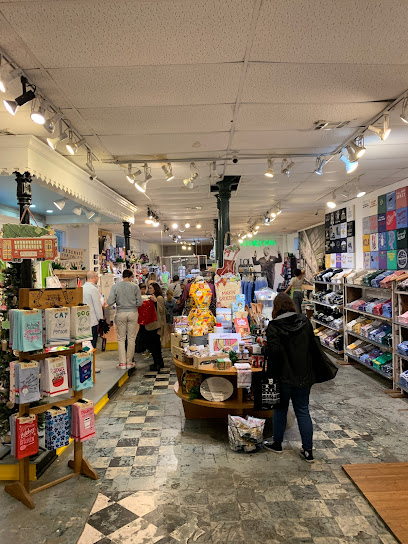
Miette
Discover unique gifts and stylish treasures at Miette, New Orleans' charming boutique gift shop brimming with local flair and creativity.
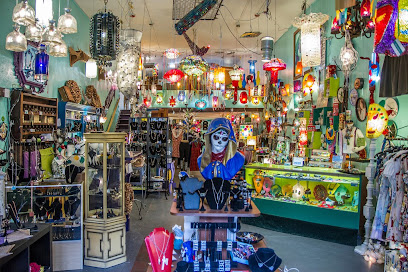
No Rules Fashion
Discover unique fashion pieces that embody the spirit of New Orleans at No Rules Fashion, a boutique nestled in the heart of the French Quarter.
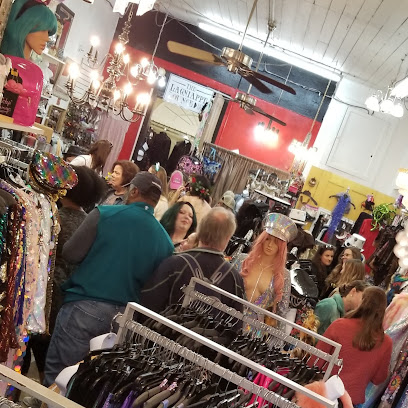
Trashy Diva Clothing Boutique
Discover unique vintage-inspired women's fashion at Trashy Diva Clothing Boutique in the heart of New Orleans' French Quarter.
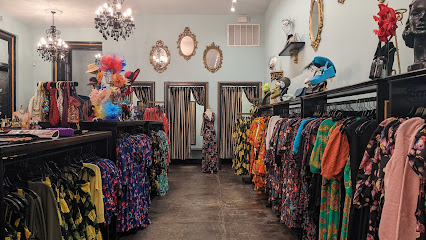
Glitter Box N.O.
Explore Glitter Box N.O. in the heart of New Orleans for unique handmade gifts, art, and stylish apparel, capturing the city's vibrant culture.
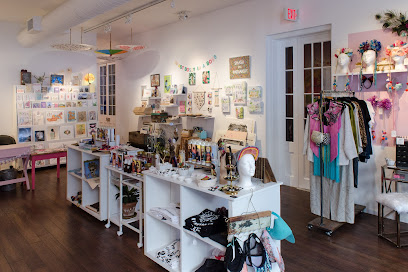
Essential bars & hidden hideouts
Lafitte's Blacksmith Shop Bar
Experience the charm of Lafitte's Blacksmith Shop Bar, a historic treasure in New Orleans' vibrant French Quarter, known for its unique cocktails and rich pirate history.
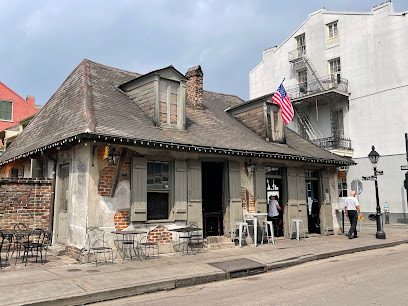
Pat O'Brien's
Discover Pat O'Brien's: A lively bar and dining experience in New Orleans' vibrant French Quarter, famous for its cocktails and live music.
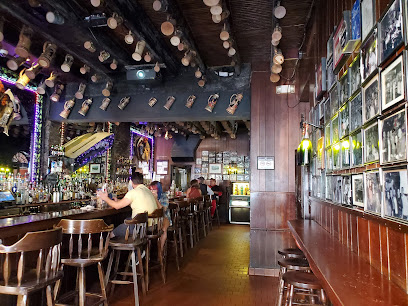
The Carousel Bar & Lounge
Discover the enchanting Carousel Bar & Lounge in New Orleans, where classic cocktails meet a whimsical rotating experience in the heart of the French Quarter.
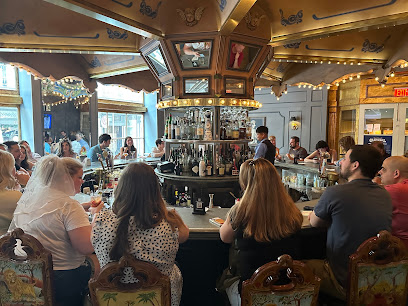
Finn McCool's Irish Pub
Discover the vibrant atmosphere of Finn McCool's Irish Pub in New Orleans, where hearty Irish fare meets lively sports and community spirit.
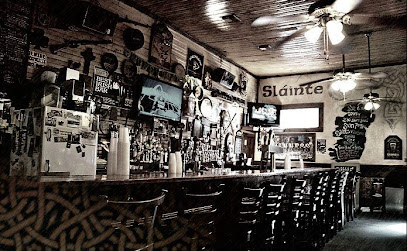
Bar Tonique
Discover the lively cocktail scene at Bar Tonique, a must-visit bar in New Orleans' French Quarter, offering creative drinks and vibrant nightlife.
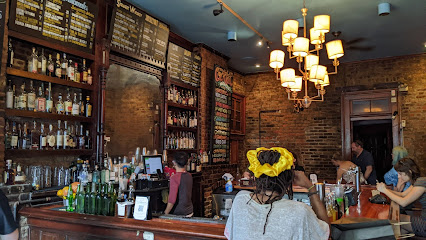
Good Friends Bar
Immerse yourself in the lively spirit of New Orleans at Good Friends Bar, a must-visit spot for drinks and local culture.
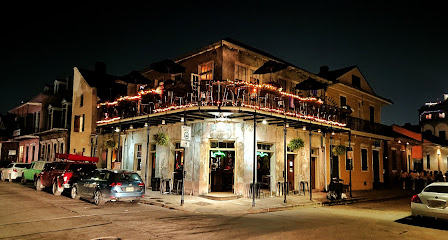
French 75 Bar
Discover the charm of New Orleans at French 75 Bar, where sophisticated cocktails meet Creole culinary delights in the heart of the French Quarter.
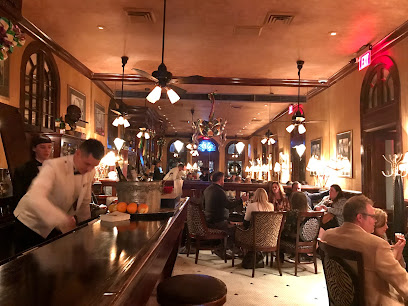
Bourbon 'O' Bar
Experience the vibrant spirit of New Orleans at Bourbon 'O' Bar, a live music venue within the historic Bourbon Orleans Hotel, perfect for cocktails and jazz.
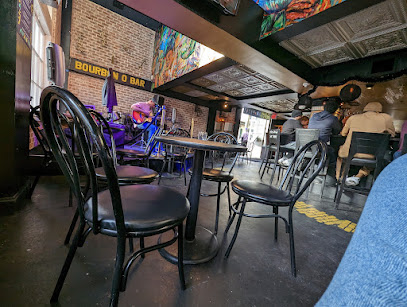
Barrel Proof
Discover Barrel Proof, a cozy bar in New Orleans' Lower Garden District, known for its extensive whiskey selection and innovative cocktails.
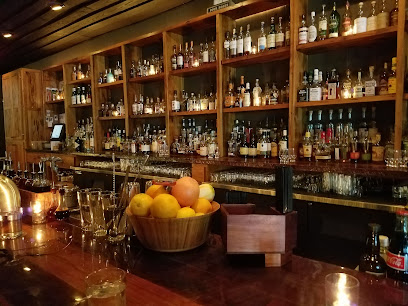
Cure
Discover the vibrant cocktail culture of New Orleans at Cure, where innovative drinks and delicious small plates await in a stylish setting.
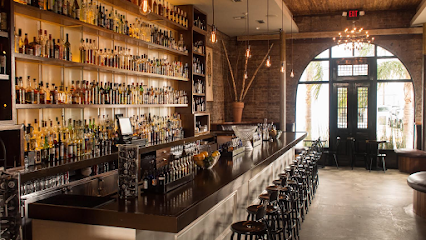
21st Amendment Bar at La Louisiane
Discover the 21st Amendment Bar at La Louisiane, a cocktail haven in the heart of New Orleans' French Quarter, blending rich history with innovative drinks.
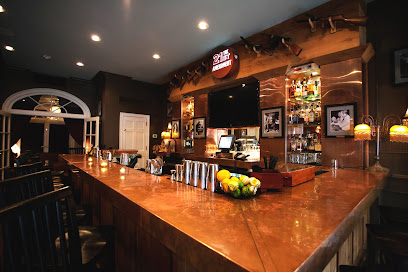
Black Penny
Discover the lively atmosphere and unique cocktails at Black Penny, a quintessential New Orleans bar in the heart of the French Quarter.
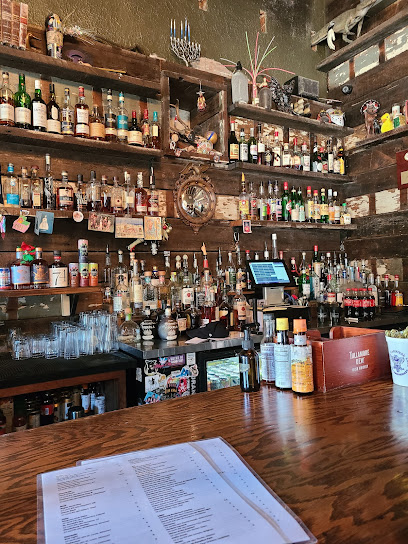
Bar Marilou
Experience the best of New Orleans' cocktail scene at Bar Marilou, where unique drinks and a vibrant ambiance await every visitor.
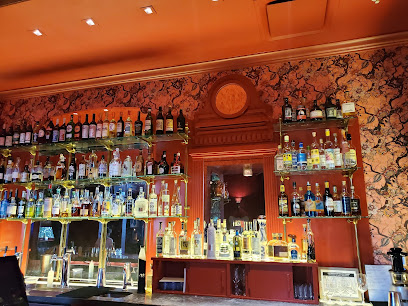
The Will & The Way
Experience the vibrant nightlife of New Orleans at The Will & The Way, where expertly crafted cocktails meet Southern hospitality in the French Quarter.
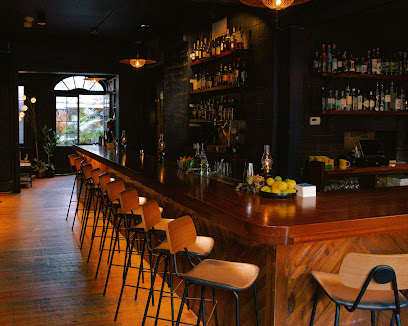
Local Phrases
-
- HelloBonjour
[bon-zhoor] - GoodbyeAdieu
[ah-dyoo] - YesOui
[wee] - NoNon
[nawn] - Please/You're welcomeS'il vous plaît/De rien
[see voo pleh/dee ryen] - Thank youMerci
[mehr-see] - Excuse me/SorryPardon/Je suis désolé
[pahr-dohn/zhe swee day-zoh-lay] - How are you?Comment ça va?
[koh-mawn sah vah] - Fine. And you?Bien. Et toi?
[byen/eh twah] - Do you speak English?Parlez-vous anglais?
[par-lay voo ahn-glay] - I don't understandJe ne comprends pas
[zhe nuh kohm-prawn pah]
- HelloBonjour
-
- I'd like to see the menu, pleaseJe voudrais voir le menu, s'il vous plaît
[zhe voo-dray vwahr luh menu, see voo pleh] - I don't eat meatJe ne mange pas de viande
[zhe nuh mahnj pah duh vyand] - Cheers!Santé!
[sahn-tay] - I would like to pay, pleaseJe voudrais payer, s'il vous plaît
[zhe voo-dray pay-yay, see voo pleh]
- I'd like to see the menu, pleaseJe voudrais voir le menu, s'il vous plaît
-
- Help!Au secours!
[oh seh-koor] - Go away!Allez-vous en!
[ah-lay vooz ahn] - Call the Police!Appelez la police!
[ah-peh-lay lah poh-lees] - Call a doctor!Appelez un médecin!
[ah-peh-lay ahn mayd-sahn] - I'm lostJe suis perdu
[zhe swee pair-doo] - I'm illJe suis malade
[zhe swee mah-lahd]
- Help!Au secours!
-
- I'd like to buy...Je voudrais acheter...
[zhe voo-dray zah-shey...] - I'm just lookingJe regarde juste
[zhe ruh-gard zhewst] - How much is it?Combien ça coûte?
[kohm-byen sah koot] - That's too expensiveC'est trop cher
[say troh shay] - Can you lower the price?Pouvez-vous baisser le prix?
[poo-vay voo bay-say luh pree]
- I'd like to buy...Je voudrais acheter...
-
- What time is it?Quelle heure est-il?
[kehl uhr eh-teel] - It's one o'clockIl est une heure
[eel eh oon uhr] - Half past (10)Dix heures et demie
[dees uhr eh duh-mee] - MorningMatin
[mah-tahn] - AfternoonAprès-midi
[ah-preh-mee-dee] - EveningSoir
[swah] - YesterdayHier
[yehr] - TodayAujourd'hui
[oh-zhoor-dwee] - TomorrowDemain
[duh-man] - 1Un
[uhn] - 2Deux
[duh] - 3Trois
[twah] - 4Quatre
[kat] - 5Cinq
[sank] - 6Six
[sees] - 7Sept
[sept] - 8Huit
[wheet] - 9Neuf
[nuff] - 10Dix
[dees]
- What time is it?Quelle heure est-il?
-
- Where's a/the...?Où est le/la...?
[oo eh luh/lah] - What's the address?Quelle est l'adresse?
[kehl eh la-dress] - Can you show me (on the map)?Pouvez-vous me montrer (sur la carte)?
[poo-vay voo muh mohn-tray (sur lah kart)] - When's the next (bus)?Quand est le prochain (bus)?
[kahnd eh luh proh-shahn (bus)] - A ticket (to ....)Un billet (pour ....)
[uhn bee-yay (poor)]
- Where's a/the...?Où est le/la...?
History of New Orleans
-
New Orleans was founded in 1718 by the French Mississippi Company, under the direction of Jean-Baptiste Le Moyne de Bienville. The city's strategic location along the Mississippi River made it a crucial port and a vibrant melting pot of cultures from its very inception.
-
In 1763, following the Treaty of Paris, New Orleans and the entire Louisiana territory were ceded to Spain. This period saw the blending of French, Spanish, African, and Native American cultures, which is evident in the city's architecture, cuisine, and traditions. The Spanish rule lasted until 1803 when the area was returned to France shortly before the Louisiana Purchase.
-
In 1803, the United States acquired New Orleans as part of the Louisiana Purchase. This monumental event doubled the size of the young nation and solidified New Orleans as a major American port city. The city's role in trade, especially in cotton and sugar, grew significantly during this period.
-
The Battle of New Orleans took place on January 8, 1815, and was the final major battle of the War of 1812. Led by General Andrew Jackson, American forces successfully defended the city against British invaders. This victory bolstered American nationalism and made Andrew Jackson a national hero.
-
The 19th century was a time of cultural flourishing in New Orleans. The city became known for its vibrant music scene, including the birth of jazz, and for its unique Creole cuisine. The architecture of this period, including the iconic French Quarter, reflects the diverse influences and rich history of the city.
-
During the American Civil War, New Orleans fell to Union forces in 1862, making it the largest Confederate city to be captured. The Reconstruction era that followed was marked by significant social and economic challenges, as well as efforts to rebuild and modernize the city.
-
The early 20th century saw New Orleans become the epicenter of the Jazz Age. Legendary musicians like Louis Armstrong and Jelly Roll Morton emerged from the city's vibrant music scene, bringing New Orleans jazz to a global audience. This era solidified the city's reputation as a cultural and musical hub.
-
In 2005, Hurricane Katrina devastated New Orleans, causing widespread flooding and significant loss of life and property. The disaster highlighted socio-economic disparities and led to a massive rebuilding effort. The city's resilience and spirit were showcased as it worked to recover and rebuild in the years following the storm.
-
Today, New Orleans is celebrated for its rich cultural heritage, vibrant music scene, and unique cuisine. Annual events like Mardi Gras and the New Orleans Jazz & Heritage Festival draw visitors from around the world. The city continues to balance preservation of its historic charm with modern development and innovation.
New Orleans Essentials
-
New Orleans is serviced by Louis Armstrong New Orleans International Airport (MSY), which is about 15 miles from downtown. There are direct flights from many major U.S. cities. For those preferring train travel, Amtrak provides service to New Orleans via the Crescent, City of New Orleans, and Sunset Limited routes. If you're driving, major highways like I-10, I-55, and I-59 provide access to the city.
-
New Orleans offers various transportation options including streetcars, buses, taxis, and ride-sharing services like Uber and Lyft. The Regional Transit Authority (RTA) operates the streetcars and buses, providing an affordable and scenic way to explore the city. Renting a bike or using bike-share programs is also a popular choice, especially in the French Quarter and along the Mississippi River. For those staying in the city center, many attractions are within walking distance.
-
The currency used in New Orleans is the U.S. Dollar (USD). Credit and debit cards are widely accepted at hotels, restaurants, and shops. ATMs are plentiful throughout the city, especially in tourist areas like the French Quarter and the Central Business District. It's always a good idea to carry some cash for smaller establishments, street vendors, and tips.
-
New Orleans is generally a safe city for tourists, but it is important to remain vigilant. Areas such as the French Quarter, the Central Business District, and the Garden District are typically safe but can be hotspots for petty theft. Avoid venturing into less frequented neighborhoods like parts of Central City and the 9th Ward, especially at night. Always stay in well-lit areas, keep an eye on your belongings, and use common sense precautions.
-
In case of an emergency, dial 911 for police, fire, or medical assistance. The New Orleans Police Department and numerous hospitals, including the University Medical Center, provide emergency services. It is recommended to have travel insurance that covers medical emergencies. Pharmacies are available throughout the city for minor health concerns.
-
Fashion: Do dress comfortably and weather-appropriate; New Orleans can be hot and humid. Avoid overly revealing clothing in more conservative areas. Religion: Do respect local customs and traditions, especially when visiting churches or religious sites. Public Transport: Do have exact change for streetcars and buses. Don’t eat or drink on public transport. Greetings: Do greet people with a friendly 'hello' or 'hi'. Southern hospitality is big here. Eating & Drinking: Do try local dishes like gumbo, jambalaya, and beignets. Don’t forget to tip, as gratuity is essential in service industries.
-
To experience New Orleans like a local, visit the lesser-known neighborhoods such as Bywater and Mid-City for a more authentic vibe. Attend a local jazz performance on Frenchmen Street, explore the local markets like the Crescent City Farmers Market, and try a po' boy sandwich from a local eatery. Participating in a second line parade, a local tradition, offers a unique cultural experience.
Trending Landmark in New Orleans
-
Jackson Square
-
Louis Armstrong Park
-
Mardi Gras World
-
St. Louis Cathedral
-
New Orleans Historic Voodoo Museum
-
JAMNOLA
-
Longue Vue House & Gardens
-
St. Louis Cemetery No. 1
-
The Historic New Orleans Collection
-
The Presbytère
-
The Cabildo
-
French Quarter Visitor Center
-
The Singing Oak
-
Hermann-Grima House
-
Old Ursuline Convent Museum
Nearby Cities to New Orleans
-
Things To Do in Slidell
-
Things To Do in Houma
-
Things To Do in Gulfport
-
Things To Do in Baton Rouge
-
Things To Do in Biloxi
-
Things To Do in McComb
-
Things To Do in Hattiesburg
-
Things To Do in Lafayette
-
Things To Do in Petaluma
-
Things To Do in Mobile
-
Things To Do in Fairhope
-
Things To Do in Natchez
-
Things To Do in Daphne
-
Things To Do in Gulf Shores
-
Things To Do in Foley
















